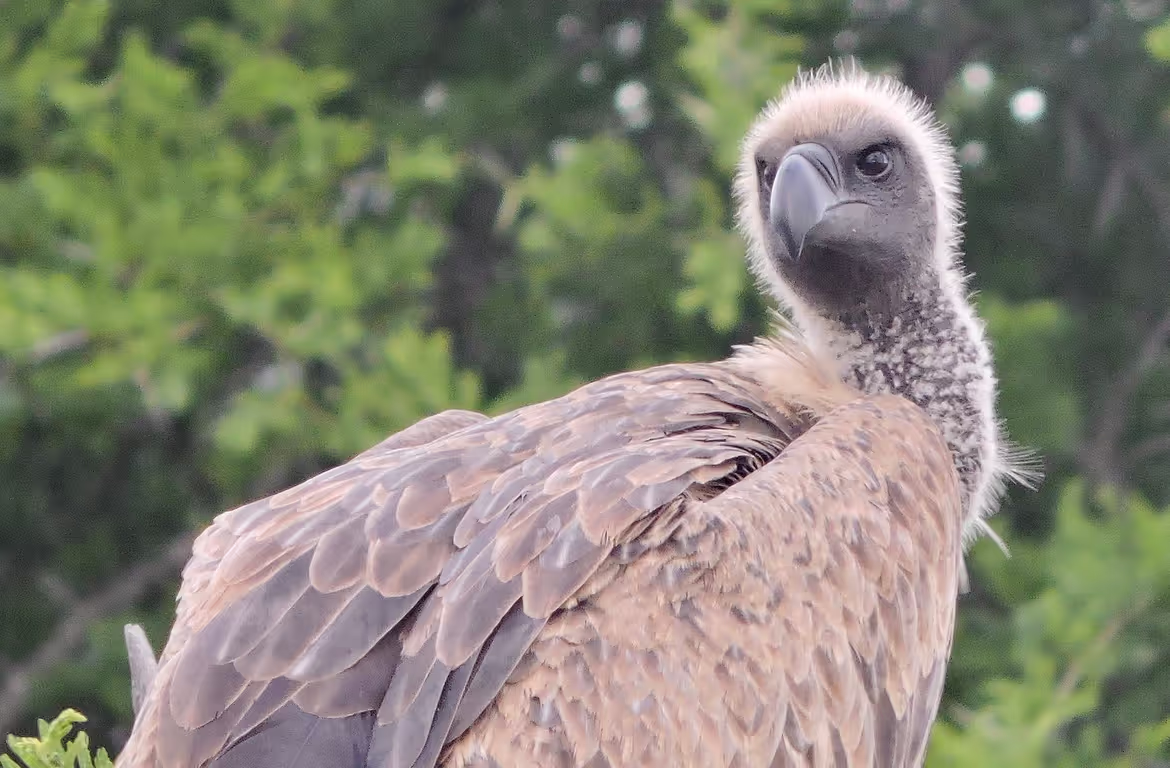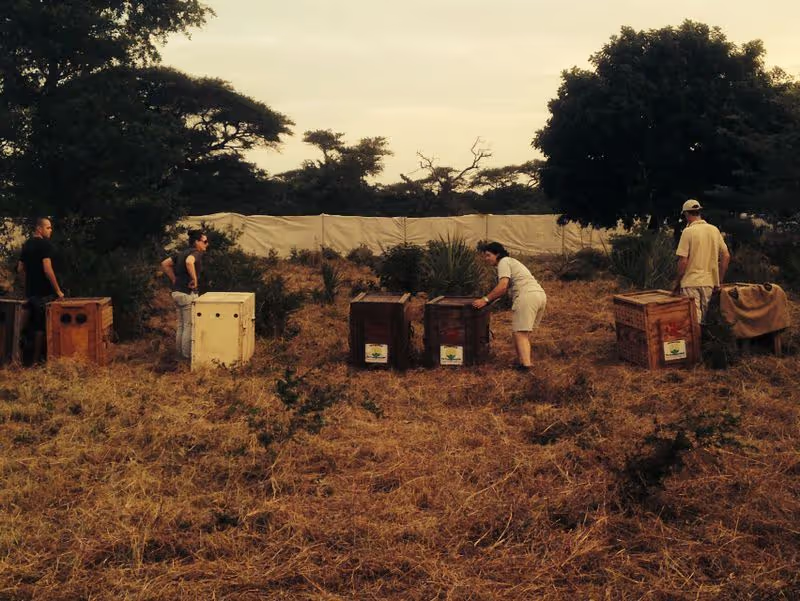Today is International Vulture Awareness Day and our projects across Zululand, South Africa, will be paying special attention to these feathered friends.There will be general monitoring, of the vultures, as usual and on certain reserves they will be doing specialised vulture counts. This means that a carcass will be placed at a specified point and then watched and the vultures that visit will be counted and recorded.In Southern Africa, vultures live in dry Savannah areas or along rivers and they feed on the carcasses of dead animals. The three species Wildlife ACT focuses on in Zululand are the white-headed vultures, white-backed vultures and lappet-faced vultures.
[caption id="attachment_7775" align="aligncenter" width="800"]

White-headed vulture - Photo by Antoine Marchal[/caption][caption id="attachment_7774" align="aligncenter" width="534"]

White-backed vulture - Photo by Antoine Marchal[/caption][caption id="attachment_7773" align="aligncenter" width="533"]

Lappet-faced vulture - Photo by Antoine Marchal[/caption]As scavengers, vultures play an integral part in our ecosystem. They tear open closed carcasses and alert other scavengers to fresh kills, thus nothing is left to rot for too long. This lowers the risk of spreading diseases and bacteria. Despite their importance to our natural world, these massive birds face a huge threat from humans, who either kill them for traditional medicine or kill them unintentionally through habitat destruction.[caption id="attachment_6690" align="aligncenter" width="1040"]

Carcasses of vultures poisoned in iMfolozi Game Reserve, November 2013[/caption]For the last few years Wildlife ACT and the Wildlife ACT Fund have teamed up with Ezemvelo KZN Wildlife and the Endangered Wildlife Trust Birds of Prey Programme to assist the Zululand Vulture Project. The project includes fitting GPS units to both young and adult vultures to help understand the routes these birds are using, foraging areas, roosting spots, and also to determine the survival rate of youngsters. There are also a number of training courses and workshops held, to help educate and create awareness amongst the local farmers and communities in the area.[caption id="attachment_6661" align="aligncenter" width="701"]

A White Headed vulture being tagged and fitted with a GPS backpack.[/caption]It is imperative that we conserve these amazing birds or else, the South African wilderness as we know it, may not survive.
How to help:
The vulture GPS backpacks alone cost R6000. Therefore any donation to the Wildlife ACT Fund will be greatly appreciated and used to preserve one of Africa’s most iconic birds.1. Join Wildlife ACT as a wildlife volunteer: Apply here!2. Donate now!











